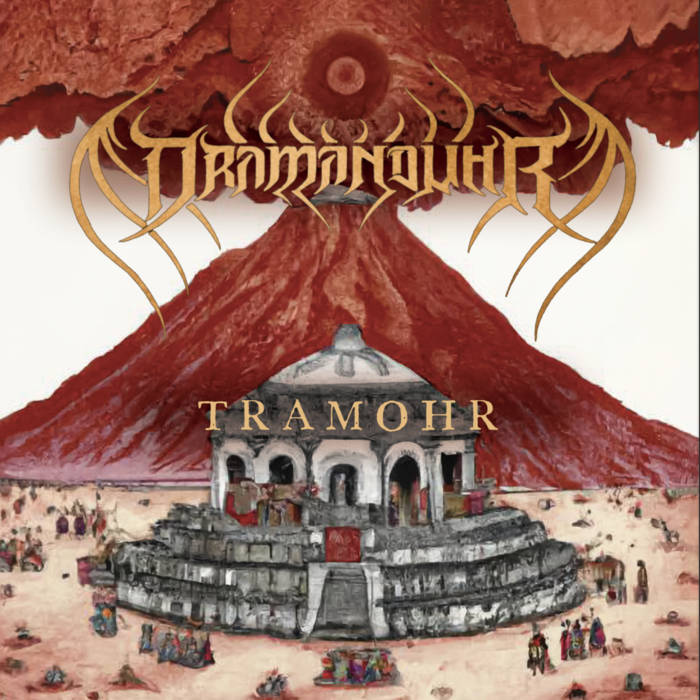Traditions created in real time - 85%
Although distorted vocals have been an industry standard in extreme metal since its inception, it is notable that this orthodoxy goes largely unquestioned. Of course there have been plenty of examples of clean vocals deployed across extreme metal albums, usually in the folk or symphonic direction, but the artistic implications of using a vocal style largely incapable of expressing a melodic character, applied almost universally, is an interesting self-limitation placed on a genre that often prides itself on allowing for near limitless musical possibilities.
Perhaps this is because when used in the ”wrong”, poppy way a-la Opeth, you end up with…well, Opeth. But there is a large gulf between falling into the infantile sentimentalisms of everyone’s favourite Swedish bland-rockers and forever shackling extreme metal to an aesthetic limitation. Distorted vocals certainly have an important role to play in imbuing extreme metal with its signature monstrosities, outrageous theatrics, and alienation. But in adhering to this and only this, it does cut off new avenues for melodic, emotional, and aesthetic exploration.
Enter Dramanduhr, a new folk orientated black metal artist from Sicily. Their debut album ‘Tramohr’ is squarely in the black metal oeuvre as far as riff style, guitar tone, and composition goes, but the album is sung entirely clean, in an earthy, crooning style common to Mediterranean folk traditions, but also comparable to work from Temnozor or Negura Bunget for dignified yet passionate delivery. The language is apparently entirely fabricated however.
Musically this does embody many commonalities to the rich traditions of folk infused pagan black metal of Eastern Europe. It pivots on bouncy rhythms that call to mind the pageantry of a jig, only sparingly breaking into a blast-beat. The oddly warm guitar tone is placed front and centre, with any rich symphonics largely held back for the sake of delivering a surprisingly immediate, intimate work of experimental music.
There are plenty of keyboards, acoustic guitars, pianos, choral flourishes, and other instrumentation sitting behind the metallic foreground, filling out the panorama of the mix, but when measured against comparable releases from Dramanduhr’s Eastern European cousins this remains a strikingly austere work. The black metal riffing itself is perhaps the most conventional aspect of the release. As things are kept at a slower, danceable pace, they sometimes adopt a loose swing akin to black ‘n’ roll, although the melodic inflexions are boundlessly more interesting. There are climaxes of pronounced melodic character that sit flush against hints of dirty primitivism. The unbridled joy of musical freedom is smashed against the more traditionalist horror elements of Southern European black metal of the 1990s.
But ultimately the guitars are free to remain relatively straightforward due to the foregrounded vocals, which veer from lyrical pieces that function as recognisable songs, to repetitive chants evocative of a more sober spiritualism, to mournful threnodies that speak of a sense of loss or yearning for something that never quite existed. The fact that Dramanduhr literally creates its own language only enhances this fantastical quality. The past that a lot of metal yearns for is often fabricated to greater of lesser degrees. ‘Tramohr’ is simply the next logical step along this road. It references real folk traditions and a plethora of music histories, but it takes us further into a realm not of fantasy necessarily, but the construction of a new reality as one would wish it to be, presented as a study of history yet to be written. Tradition creating itself in real time. ‘Tramohr’ is a fascinating feedback loop of competing philosophical and emotional drives.
Originally published at Hate Meditations

